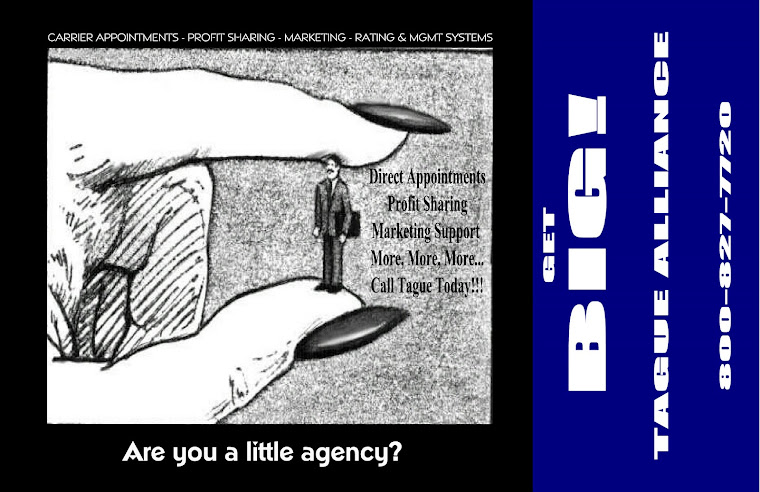Fraud Red Flags
Allied's Special Investigation Unit
(SIU) is where the fight against insurance fraud ends. Your agency is where it
begins. By reviewing this list of red flag behaviors for a new applicant, you
may be able to head off a potential fraudulent claim.
Please note: The following are
industry red flags as established by the NICB. The presence of one or more does
not prove fraud.
NICB general indicators of
application fraud
The following list of behaviors may
indicate a possibility of intent to commit fraud when applying for insurance.
- Unsolicited, new walk-in business, not referred by existing policyholder.
- Applicant walks into agent's office at noon or end of day when agent and staff may be rushed.
- Applicant neither works nor resides near the agency.
- Applicant's given address is inconsistent with employment/income.
- Applicant gives post office box as address.
- Applicant has lived at current address less than six months.
- Applicant has no telephone number or provides a mobile/cellular phone number.
- Applicant cannot provide a driver's license or other identification, or has a temporary, recently issued or out-of-state driver's license.
- Applicant wants to pay the premium in cash.
- Applicant pays minimum required amount of premium.
- Applicant suggests price is no object when applying for coverage.
- Applicant's income is not compatible with the value of the vehicle to be insured.
- Applicant is never available to meet in person and supplies all information by telephone.
- Applicant is unemployed or self-employed in transient occupation.
- Applicant questions agent closely on claim handling procedures.
- Applicant is unusually familiar with insurance terms or procedures.
- Applicant is not signed in agent's view (i.e. mailed in).
- Applicant works through a third party.
- Applicant has had a driver's license for significant period, but not prior vehicle ownership and/or insurance.
NICB indicators associated with
coverage
Existence of any of the following
conditions may indicate intent to commit fraud.
- Name of previous insurance carrier or proof of prior coverage cannot be provided.
- No prior insurance coverage is reported although applicant's age would suggest prior ownership of a vehicle and/or property.
- Significant break-in coverage is reported under prior coverage.
- Question about recent prior claims is left unanswered.
- Full coverage is requested for older vehicle.
- No existing damage is reported for older vehicle.
- Exceptionally high liability limits are requested for older vehicle inconsistent with applicant's employment, income or lifestyle.
NICB indicators associated with
applicant's vehicle/business
Existence of any of the following
conditions may indicate intent to commit fraud.
- Vehicle is not available for inspection.
- Photos are submitted in lieu of inspection.
- Vehicle does not appear to be appropriate for the claimed address or income.
- Vehicle has an unusual amount of after-market equipment (stereo, wheels, car phone, etc.)
- Vehicle inspection uncovers discrepancy between VIN listed on title/bill of sale and the VIN plate on the dashboard or the manufacturer's door sticker.
- No lienholder is reported for new or high-value vehicle.
- Vehicle title or authenticated bill of sale cannot be produced.
- Applicant is seeking new business coverage and has never been in any, or this type of business, in the past.
- Sound financial backing for the business to be insured is not apparent.
- Loss payee is not a legitimate lending institution.
© 2001 Allied Insurance, a member of Nationwide
Insurance, All Rights Reserved



No comments:
Post a Comment
Note: Only a member of this blog may post a comment.